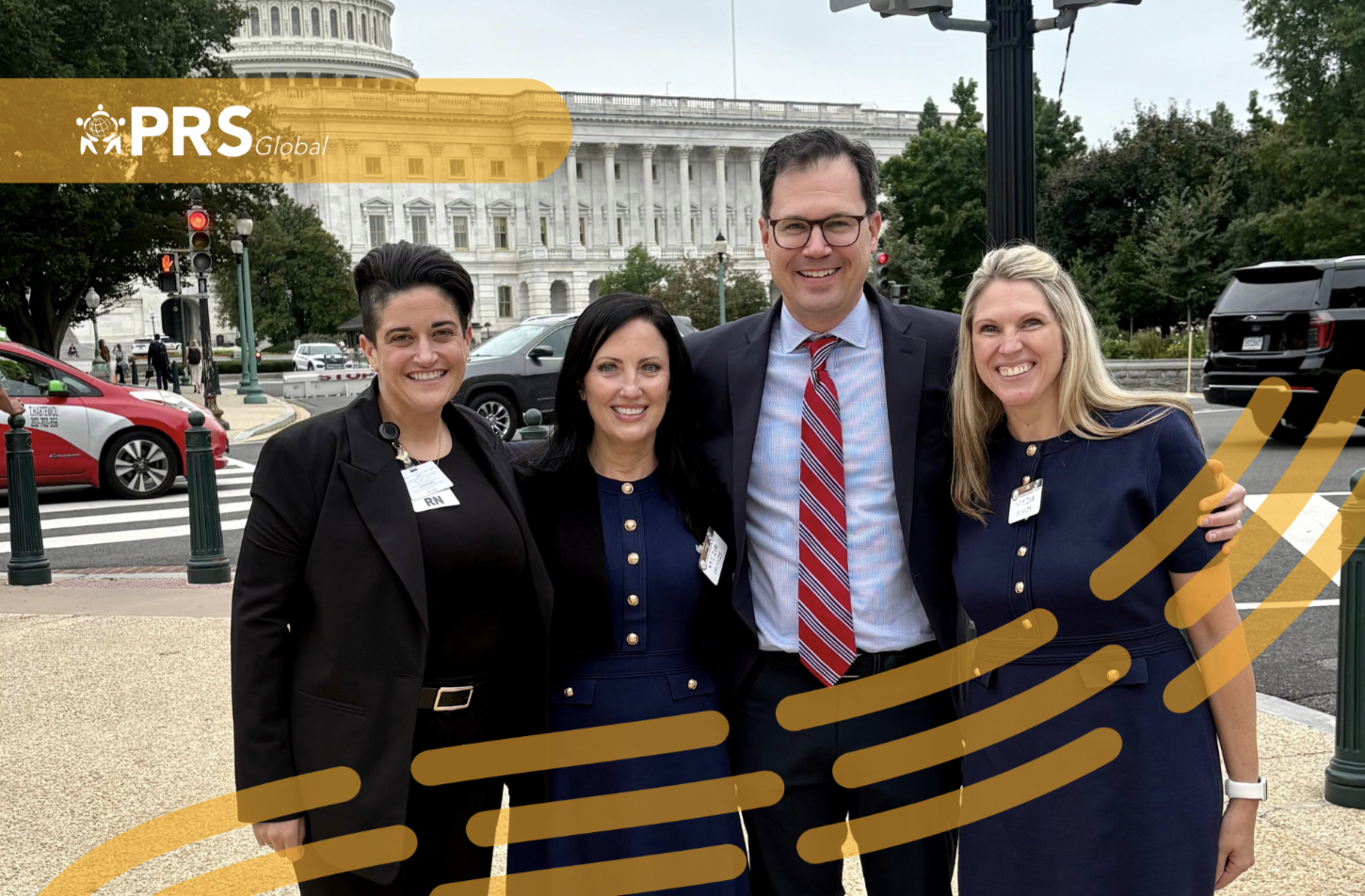Closing the Experience‑Complexity Gap

There’s good news and bad news in the nursing world today. The good news is that new grads are still entering the nursing field in high numbers. The bad news is that, according to the 2025 NSI National Health Care Retention & RN Staffing Report, nearly a quarter of them leave within their first year.
The report’s numbers don’t lie:
- 22.3% of new hires leave within 12 months.
- 31.9% of all nurse separations happen in the first year.
- $61,110 is the average cost of turnover per nurse.
- 3 months is the average time it takes to replace an experienced RN.
Meanwhile, the NCHWA Nursing Workforce Dashboard reports that approximately 34% of nurses are aged 55 or older and approaching retirement.
The result is that nursing teams face serious challenges.
Understanding the Experience-Complexity Gap
So, what can be done to stabilize the workforce? Departments consisting of experienced nurses and new grads reveal the connection between skill mix and the experience-complexity gap.
- Skill mix is the combination of healthcare staff with varied skills, qualifications, experience, and roles working together to provide patient care.
- The experience-complexity gap reflects the difference between the complexity of modern patient care and the expertise of a facility’s nursing workforce.
As experienced nurses retire and new grads enter the workforce, the gap increases.
How Preceptors and Mentors Help New Grads
The fact is, we’re losing new nurses. And it’s preventable.
One of the most common reasons new grads leave early is the lack of structured preceptorship and sustained mentorship. The two are related but distinct, and hospitals need both to succeed.
Experienced nurses, serving as preceptors and mentors, guide and train new grads as they transition from their school's educational environment to the reality of the job.
Mentors have an immeasurable impact through their ability to:
- Teach practical skills that boost efficiency and confidence.
- Model behavior for stronger interpersonal relationships.
- Share strategies for managing stress and creating life-work balance.
Mentees adopt these skills and approaches, make them their own, and pass them on to others. A good mentor doesn’t just teach tasks—they create future mentors.
Strategies From the Field
In a recent webinar, Kara Murphy (PRS Global) spoke with Katie Chieda (Fisher-Titus Medical Center) and Amanda Shrout (Sinai & Grace Medical) about these workforce changes and how CNOs can help reduce turnover.
Three key workforce strategy takeaways from Chieda and Shrout include:
1) Keep Retired Nurses EngagedBy 2030, an estimated one million RNs will have retired from the workforce. As experienced nurses retire, hospitals don’t just lose the individual nurse; they lose institutional knowledge, adaptability, mentorship, and expert patient care.
Here’s how to keep them involved:
-
- Fisher-Titus uses retired nurses in a PRN capacity, working as needed, rather than on a fixed schedule.
-
- Sinai has a group of 20+ retired nurses, led by a retired Sinai nurse manager, who help with vaccination clinics, fit testing, patient rounds, and mentoring.
As the Sinai group leader recently told Shrout, “It's not just good for you, it's also good for us.”
2) Build Retention and Recruitment
Focusing on retention and recruitment will increase your hospital’s skill mix, acknowledge staff, and attract the nurses of tomorrow.
Professional Development & Retention
-
- Fisher-Titus and Sinai have preceptor workshops and clinical ladder programs that develop and recognize leadership skills.
-
- Sinai’s internal Nursing Congress gives frontline professionals a seat at the table with the CNO and Director of Clinical Excellence.
-
- Fisher-Titus’ Rising Star Program recognizes new staff (<3 years) who are stars in their department.
High School Pipelines & Recruitment
-
- Sinai provides Intro to Healthcare days and opportunities for students to shadow different programs.
-
- Fisher-Titus runs an annual Intro to Healthcare program for students to spend up to nine months rotating through 11 different departments.
Chieda described how the student experience leads to recruitment and staffing. “Many of those students, generally about 50%, come on in some capacity after they complete their intern program.”
3) Hire International Nurses
Incorporate international nurses into your workforce strategy to add much-needed skill to your teams.
-
- Fisher-Titus pairs each international nurse with an internal peer mentor and an external community mentor. “We want to make them feel at home,” Chieda said, “not just at work, but also in our community.”
-
- Sinai recently hired 50 international nurses with H-1Bs for their emergency department to achieve a greater skill mix. "Many of our international nurses came to us very well prepared and able to jump in and provide that experience,” said Shrout, “not just from a clinical perspective, but from an interpersonal perspective as well, from managing relationships and being able to delegate. Those are skills that new grads have to learn in real time.”
Medical Hot Takes
Murphy closed out the webinar with a fun rapid-fire session. Here are just a few of Shrout’s and Chieda's hot takes.
Murphy: What’s the smartest thing you've done for retention?
Shrout: Investing in our teams.
Chieda: Connection to purpose.
Murphy: What’s the most underrated workforce strategy?
Chieda: Knowing the people, what the people need, and meeting them where they are.
Shrout: Visibility. I can walk the halls and most people are like, ‘Oh, yeah, that's the CNO.’ I think in the beginning, they were like, ‘Oh my gosh, the CNO is on our floor’ and now they're just like, ‘hey, Amanda’.
Murphy: If you had unlimited resources tomorrow, what would you do?
Shrout: Build specific retention pathways for everything a nurse could need in their career.
Chieda: Eliminate pay disparities.
Watch the full webinar for more insights.
Ready to Act
From recruiting stellar nursing staff to lab techs, PRS Global can help. Contact us today to learn how international direct hires can help close the experience-complexity gap, mentor new grads, and stabilize your workforce.
